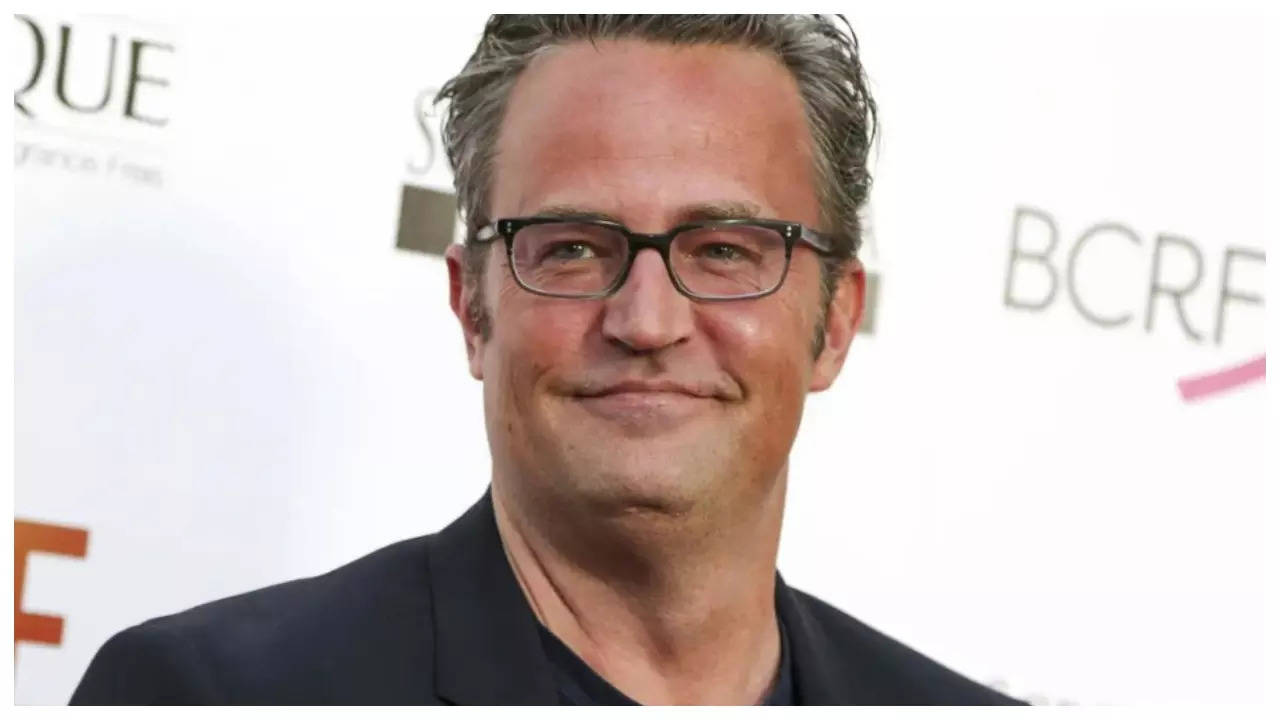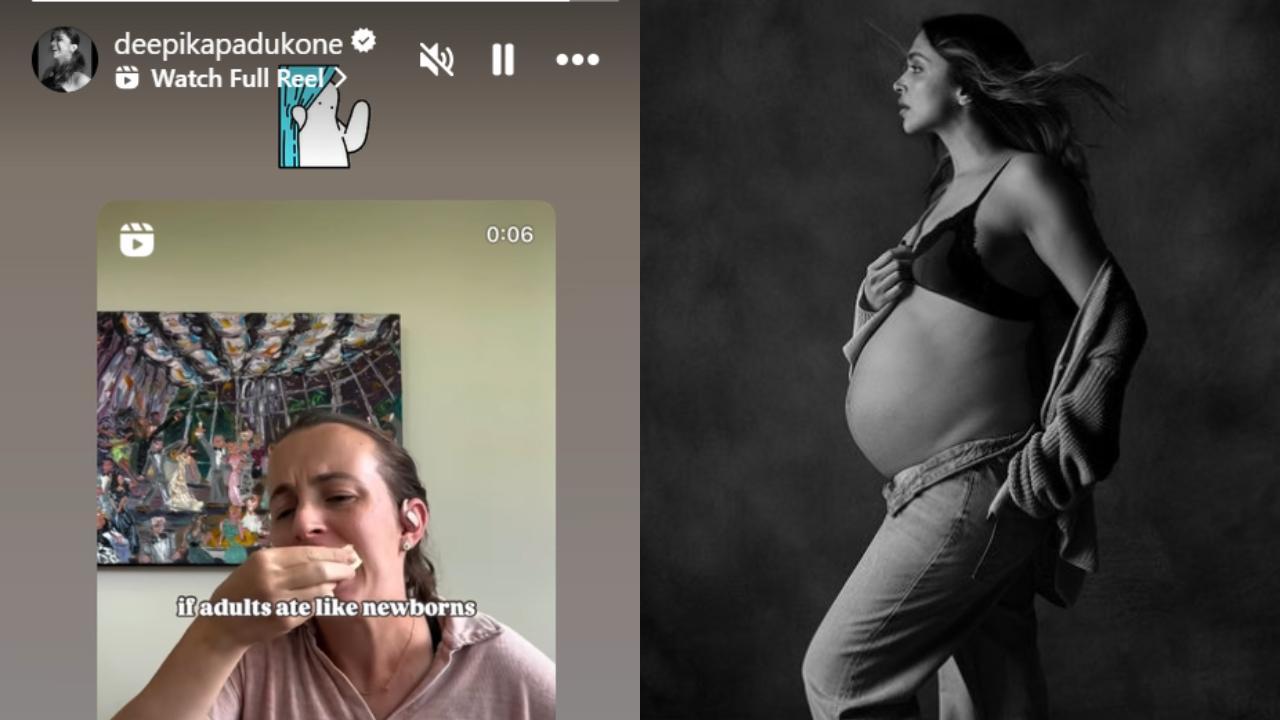The tragic death of actor Matthew Perry has brought to light the often unseen and morally complex world of celebrity assistants. According to the reports, on October 28, last year, Perry’s personal assistant, Kenny Iwamasa , injected him with ketamine, a request allegedly made by Matthew himself. This tragic incident underscores the extreme and sometimes illegal demands placed on those in the role of personal assistant to the stars.
Kenny Iwamasa, now facing up to 15 years in prison for conspiracy to distribute ketamine, has become a stark example of the ethical and legal quagmires that celebrity assistants can find themselves in. During his interrogation, Iwamasa revealed that Perry’s last words to him were chilling: "Shoot me up with a big one." These words, and the actions that followed, highlight a disturbing aspect of the assistant’s role—where saying "no" can feel impossible.

Merryl Futerman, a former celebrity personal assistant and author of ‘Don’t Make a Scene: Struggles of a Celebrity PA,’ sympathizes with Iwamasa’s situation. In an interview with the New York Post, Futerman reflected, “It’s heartbreaking on many levels, but I’m also aware of the personal assistant being such a grey area in terms of a role. This is in terms of what you can be asked to do and how you can not do things, how it can be hard to say no.
” This sentiment is echoed by a veteran Hollywood boss, who acknowledged the power imbalance between celebrities and their assistants. "You can’t say no. If Matthew Perry tells you that he needs a refill, you get it.
He was helping to get him what gets him through the day. Now, the least powerful person"—one without access to the expensive lawyers and PR people who can protect celebrities—"has been arrested and pled guilty." Kenny Iwamasa’s LinkedIn profile describes him as “discreet, loyal and honor[ing] absolute confidentiality,” traits that are likely valued in the high-stakes world of celebrity assistance.
However, this discretion often comes at a steep price, leading assistants into morally ambiguous and legally dangerous territory. Glamour meets guilt: The reality of the job The life of a celebrity assistant is often portrayed as glamorous, with perks like luxury travel and access to high-profile events. However, as many in the industry reveal, the reality is far more complex.
One former assistant shared that working for a Hollywood star means being close to the glitz but also being asked to perform tasks that range from the mundane to the morally questionable. A top producer noted, "It’s very hard. And sometimes [the celebrity] is abusive.
You either have to put up with it or get another job." Rowena Chiu, in a New York Times op-ed, shared her own harrowing experience with Harvey Weinstein, who allegedly attempted to rape her and later blacklisted her from the industry. Her story is just one example of the many ethical and personal challenges that assistants can face in the entertainment world.
Actor Matthew Perry Case Takes Mysterious Turn; Shocking Details Of His Bedroom Before Death Even with high salaries and luxurious perks, many assistants find that their personal lives are overshadowed by the demands of their bosses. Bonnie Low-Kramen, a former assistant who had a positive experience working with Olympia Dukakis, emphasizes the importance of setting ethical boundaries early on. She advises, "Assistants can set the tone right from the interview.
Talk about discretion and mutual respect." However, she also acknowledges that some celebrities may test these limits by asking intrusive or unethical questions during the hiring process, essentially probing to see how far the assistant will go in the name of loyalty..



















